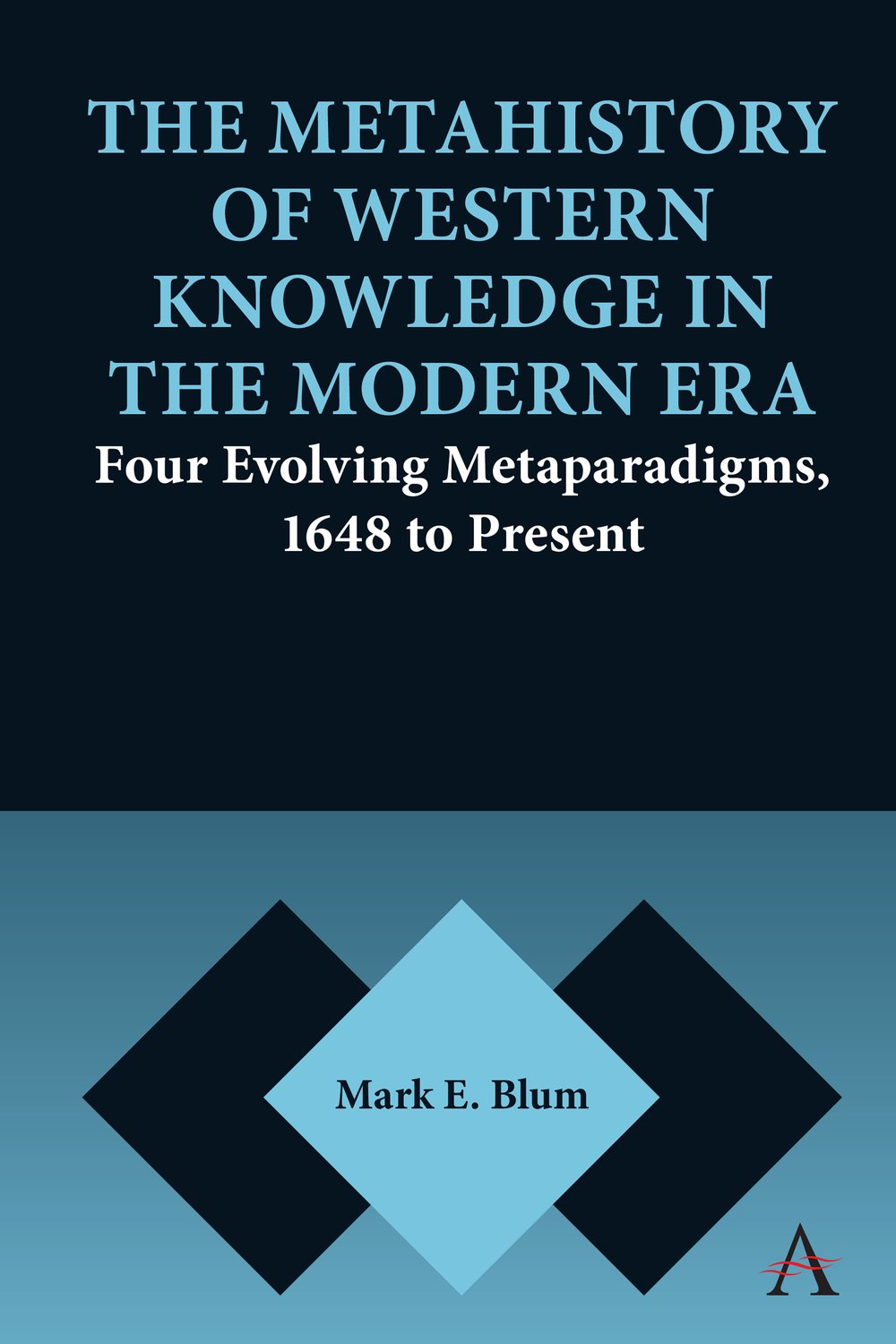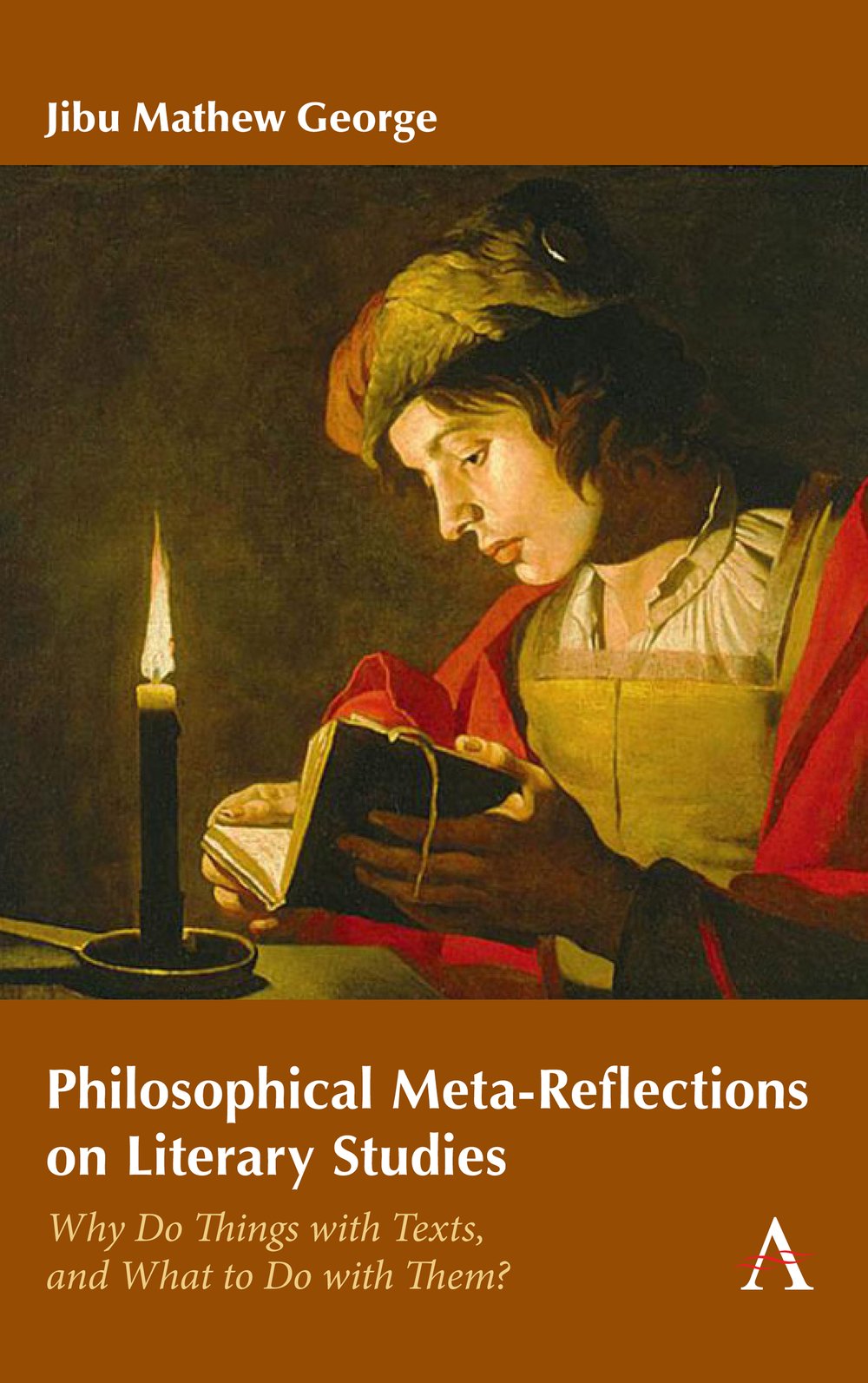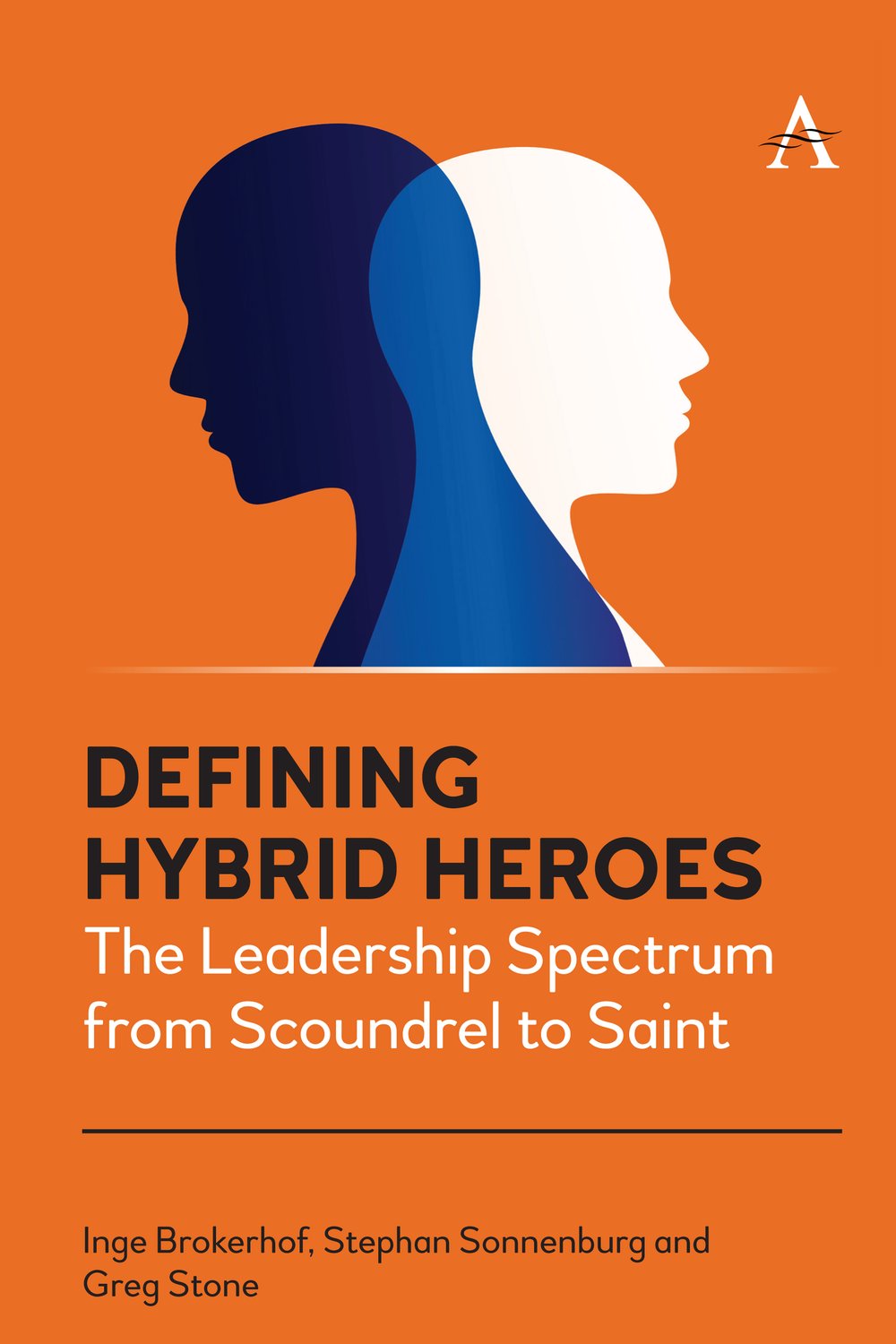The Metahistory of Western Knowledge in the Modern Era
Four Evolving Metaparadigms, 1648 to Present

The book is a study of the evolving history of knowledge in the arts and sciences in the modern era – from 1648 through the present. Modernism is treated as an epoch with evolving disciplines whose articulated problems of a time and the inquiry methods to address them, develop in a coordinated manner, given a mutual awareness.
When one organises the development of knowledge over periods of years, and gives it an appellation such as 'Modernism', the organisation of facts is guided by concepts and values discerned throughout these periods. These facts of knowledge development share sufficient understandings to be called an 'era', or an 'epoch', or other terms that insist on the shared aspects of those years. One can call such an effort a 'metahistory', in that what is tracked is not merely a knowledge that is political, economic, ideological, sociological, or scientific, but an overview that tracks the respective conceptual developments of the fields in how they have changed and augmented their problem formulations, inquiry methods, and explanatory conceptions over time.

Mark E. Blum is a professor of European history at the University of Louisville. He has a master’s degree in English history from the University of Pennsylvania, and a PhD in Austrian-German history from the University of Pennsylvania. He has published over nine books, several focusing upon the epistemology of human consciousness – in its verbal as well as figural foundations.


